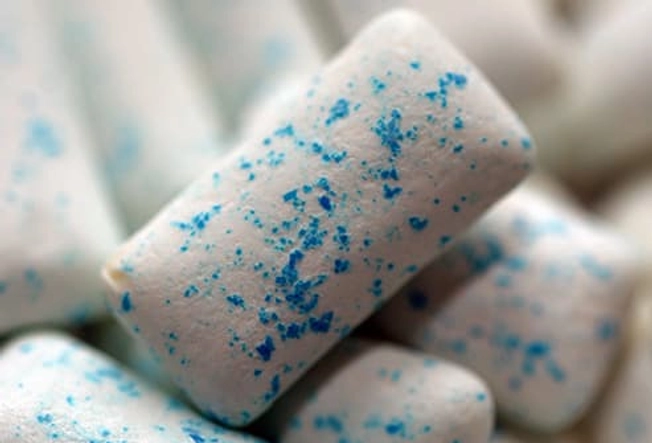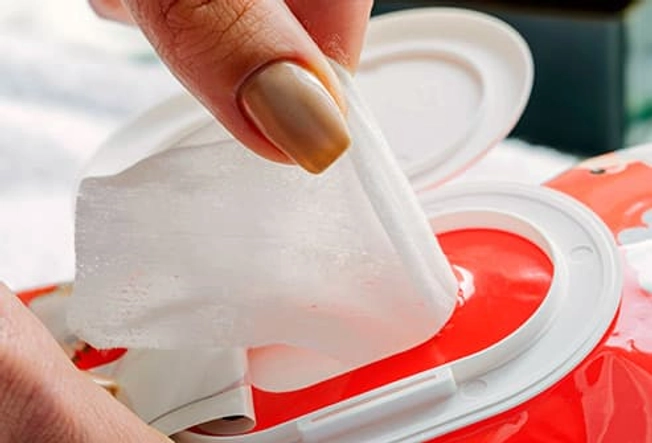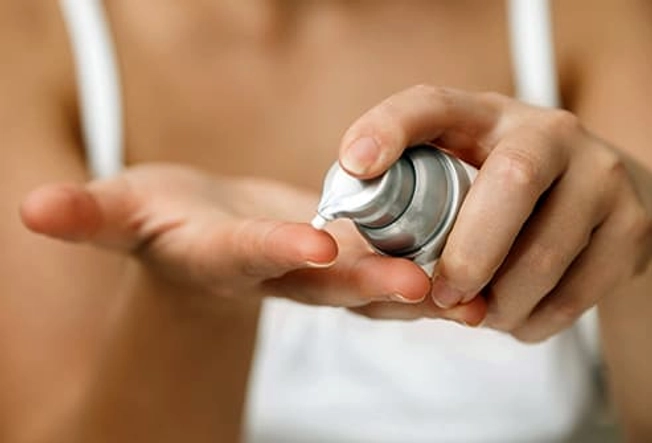Tips for Day-to-Day Diarrhea Relief


Start Your Day With Probiotics
These good bacteria may help rebalance the flora in your digestive tract. They're the "live cultures" in fermented foods like yogurt and kefir, good choices even for many people with lactose intolerance. (Probiotics also come in supplement form if all dairy is off-limits.) Thick Greek-style yogurt will give you double the protein.

Modify Mealtimes
Stay put after you put your fork down. Activity can speed up the rate food moves through your system and trigger a bout of diarrhea. Work at your desk, read a book, or watch a show for 30 minutes. Keep your meals small, and have more of them, more often.

Rehydrate
Plain water may not be enough when you have severe diarrhea, because you can lose electrolytes -- minerals that you need, like sodium and potassium. Sports drinks with sugar and salts, or an oral replacement therapy liquid or powder you can get at drugstores, can help you avoid fatigue and other symptoms of dehydration.

Drink Responsibly
Your morning joe, afternoon cola, and cocktail before dinner can cause or worsen the problem, so cutting back or skipping them may help. Caffeine and alcohol can also lead to dehydration. Opt for caffeine-free tea and clear grape juice instead -- at room temperature rather than hot or cold.

Consider Fewer FODMAPs
That's shorthand for a wide range of foods with fermentable carbs that add more liquid to your intestines. On the list are milk and other dairy foods (high in lactose) and fruit juices, dried fruits, raw apples and pears, and stone fruits (lots of fructose). So are cruciferous veggies, like broccoli and cabbage, as well as onions and many legumes. Work with a dietitian if you limit these so you don't miss out on key nutrients.

Watch Out for Sneaky Triggers
Artificial sweeteners called sugar alcohols (like mannitol, sorbitol, and xylitol) found in candy, gum, and some packaged foods, are also FODMAPs. They can act like laxatives, making diarrhea worse. Other triggers for some people are foods very high in fat -- from meats to treats -- and anything fried.

Get More Soluble Fiber
Unlike the insoluble fiber in whole grains, soluble fiber soaks up liquid and can help form more solid stool, cutting down on trips to the bathroom. One source is psyllium, which you can get as a supplement. Apples, pears, and citrus fruits have another type, called pectin. Since raw fruit can be hard to digest, go with applesauce or canned pears. Or buy pectin powder at the supermarket.

Be Wary of Supplements
A daily capsule of 500-800 milligrams of peppermint oil helps some people with diarrhea and other symptoms of irritable bowel syndrome. But supplements that may help other conditions can worsen diarrhea, including bee pollen, cayenne, chondroitin, and glucosamine. Omega-3 fatty acids, flaxseed oil, and very high doses of vitamin C may even cause it.

Clean With Care
Moist wipes are great; look for a no-alcohol formula specifically made for incontinence care. They're gentle yet very good at cleansing and odor control. At home, rinse your bottom with plain water or use a spray of warm water from a hand-held shower. Skip the soap and all products with fragrance. Let your skin air dry, or use a fan for cooling relief.

Protect Your Skin
A dab of barrier cream is often more effective than plain petroleum jelly for preventing irritation in this delicate area. Look for ingredients like zinc oxide or dimethicone. You'll find a large selection on home medical supply websites.

Wear Accident Insurance
Pads inside your underwear, designed for when you can't control your bowels, are made with special fibers that aren't in typical menstrual pads or panty liners. Yet they're just as low-profile. They're called fecal incontinence pads. Home medical supply websites offer discreet delivery and a much wider selection than your local drugstore.

Avoid Fabric Friction
Going bare may work in private. But when it's time to get dressed, simple cotton underwear lets your skin breathe. Choose looser pants or flowing skirts rather than jeans that rub and bind.
For workouts, slip on baggy cotton pants rather than body-hugging synthetics. Afterward, change clothes as soon as possible and rinse off any sweat, which can irritate skin.

Prep for Going On-the-Go
It will help you feel more comfortable, especially somewhere new. Toilet finder apps on your phone can make searching for a bathroom easier. Some health organizations offer printed or e-cards that help you move to the head of a bathroom line. Also, carry a kit with moist wipes, a plastic bag for soiled clothes, and hand sanitizer. Roll up and stash a spare pair of pants and underwear in your tote.

Mind Your Medicines
Use medicine specifically for diarrhea only when needed and exactly as directed. Hint: Taking it before an important appointment or event could help you avoid trips to the bathroom. But stay within the daily limit. You don't want to replace diarrhea with constipation.
If you're on medication for a health issue that causes diarrhea, don't skip a dose on days you feel better. That could restart the problem.

Take a Timeout
Sometimes, worry and nerves have you running to the bathroom; other times, running to the bathroom brings on anxiety. Relaxation therapies -- even simple deep breathing -- target stress, and some may ease discomfort, like cramps, too. Experiment with techniques like biofeedback, cognitive behavioral therapy, hypnotherapy, and mindfulness to find what works for you.

Keep a Diary
Take a few minutes before you go to sleep to make notes about your day. Jot down not only what you ate, but also any symptoms you had and challenges you faced. Include non-medical things, too, like work-related hassles or a spat with a loved one. The longer and more detailed your diary, the easier it will be to spot patterns, to see what helps and what hurts, and to tweak your care plan accordingly.